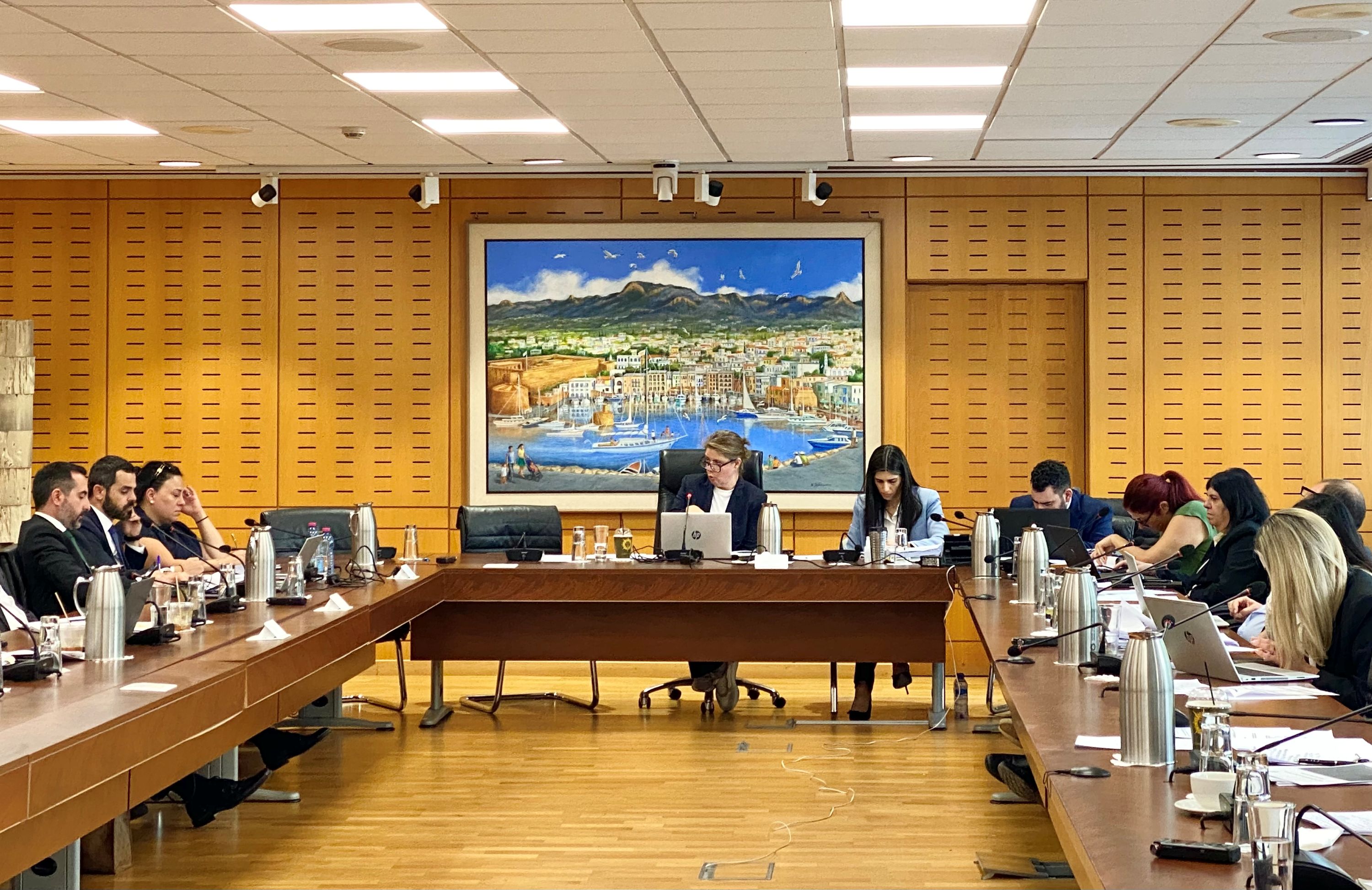During 2026, the government intends to continue its policy of returns of irregular migrants while at the same time pursuing efforts to integrate lawful migrants into Cypriot society, the deputy minister for migration told MPs on Monday.
Nicholas Ioannides was speaking at the House finance committee, presenting his ministry’s budget for 2026. The balance sheet comes to €75.3 million – some €20 million more than allocated in 2025.
Around 35 per cent of the ministry’s budget concerns ‘development expenditures’ – infrastructures and digital systems. A little over €17 million is allocated to upgrading infrastructures hosting migrants, and €7.1 million allocated to services concerning unaccompanied minors.
Some €8 million concerns expenditures on migrant returns. On top of that, the government will receive €20 million from EU funds – such as the Asylum, Migration and Integration Fund (Amif) and the Border Management and Visa Instrument (Bmvi).
Giving some data on migrant returns, Ioannides said that during this year – up until October – a total of 10,628 persons were returned to their countries.
The deputy minister said that this was on track to beat the record set last year – 10,944 returns.
In addition, the government rolled out the ‘Syrians Return Programme’. It is a voluntary scheme offering financial assistance for Syrian families to resettle in Syria. Under this programme, the adult family member who remains in Cyprus receives a special work permit to provide financial support, while the returning family members receive a cash grant. The programme is designed for families who arrived in Cyprus by December 31, 2024, and requires them to withdraw their asylum applications to qualify.
Between December 2024 and October 2025, said Ioannides, a total of 4,007 Syrians departed Cyprus under this programme.
Regarding infrastructure, the migrant facility at Pournara is being upgraded from a first-reception centre into a classification and identification centre.
The facility at Kofinou is being expanded to host 750 beds, while a new complex at the Limnes area will be delivered in stages during 2026.
Currently, some 16,000 applications for international protection status are pending.
Regarding lawful migration, the deputy minister said the government has instituted the EU Blue Card – a work and residence permit for highly skilled workers from non-EU countries who want to live and work in 25 of the EU’s 27 member states (excluding Denmark and Ireland).
At the same time, the government is promoting programmes for the better integration of migrants – such as the teaching of the Greek language and schemes for better opportunities in the labour market.
During the Q&A with MPs, the deputy minister said the number of non-EU nationals residing legally in Cyprus comes to 175,677.
And he provided a breakdown by nationality: 40,735 Russians; 16,279 Brits; 15,607 Nepalese; 14,237 Indians; 12,868 Syrians; 9,407 Chinese; 8,895 Sri Lankans; 8,807 Filipino; 6,172 Ukrainians; 4,860 Egyptians; and 37,810 citizens of other countries.






Click here to change your cookie preferences